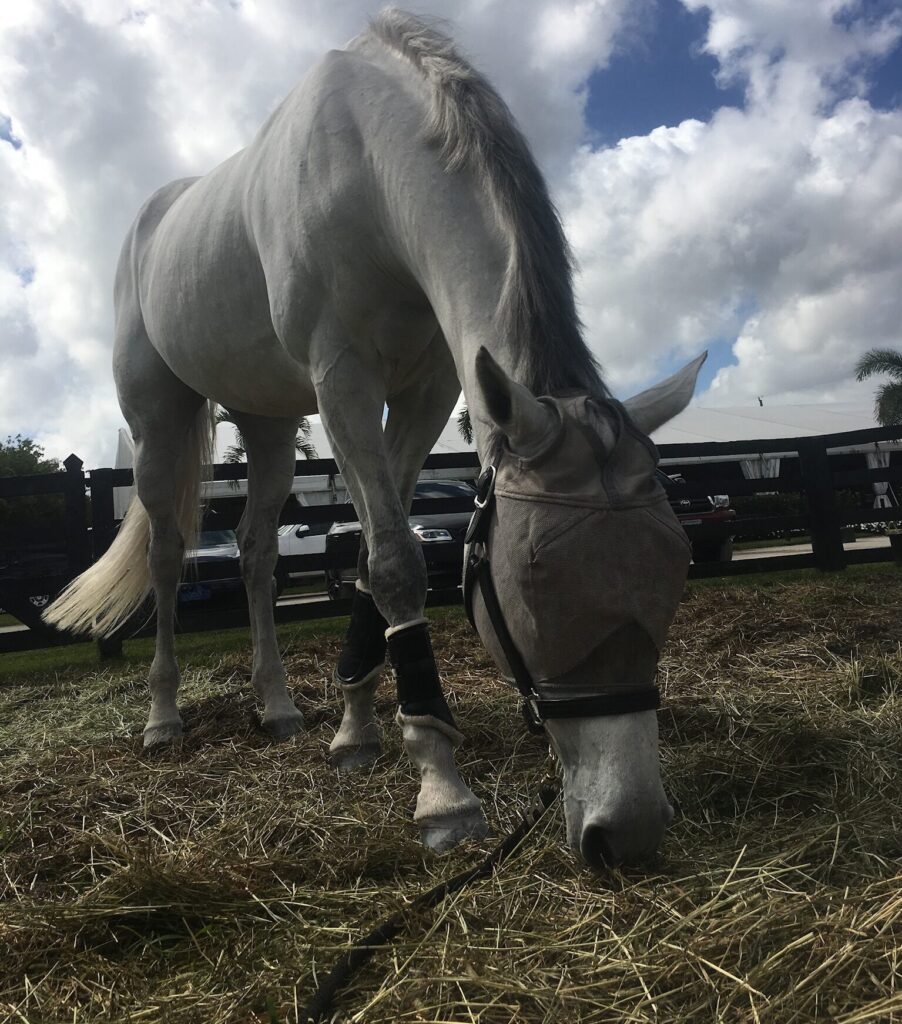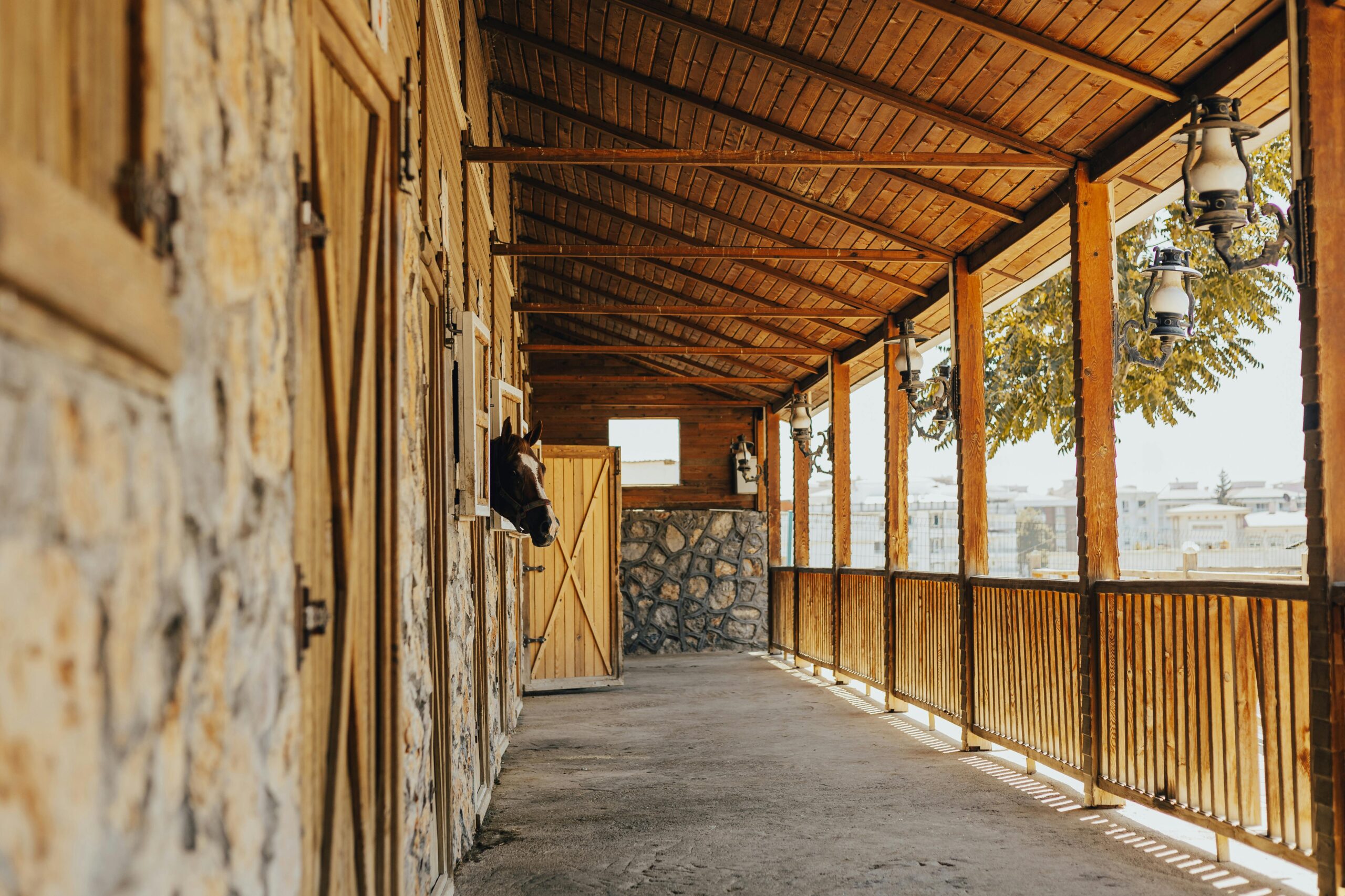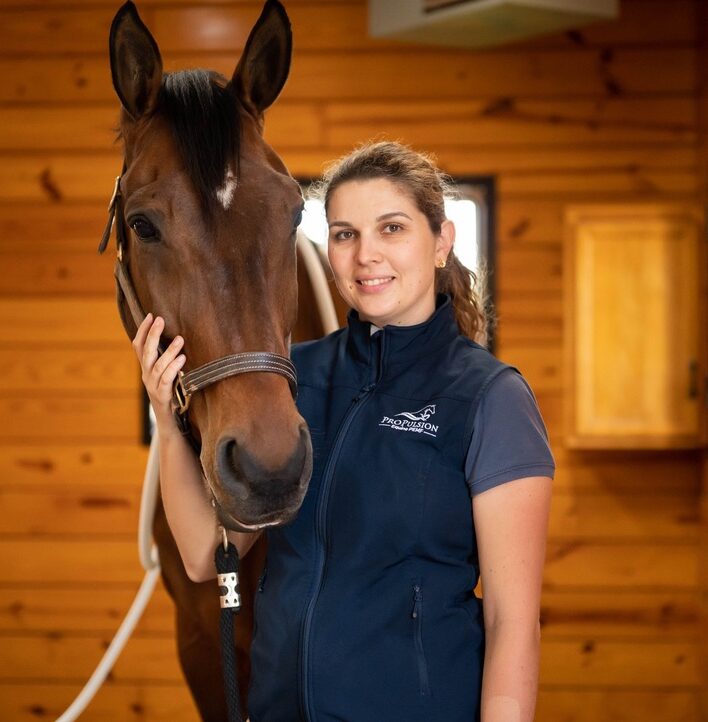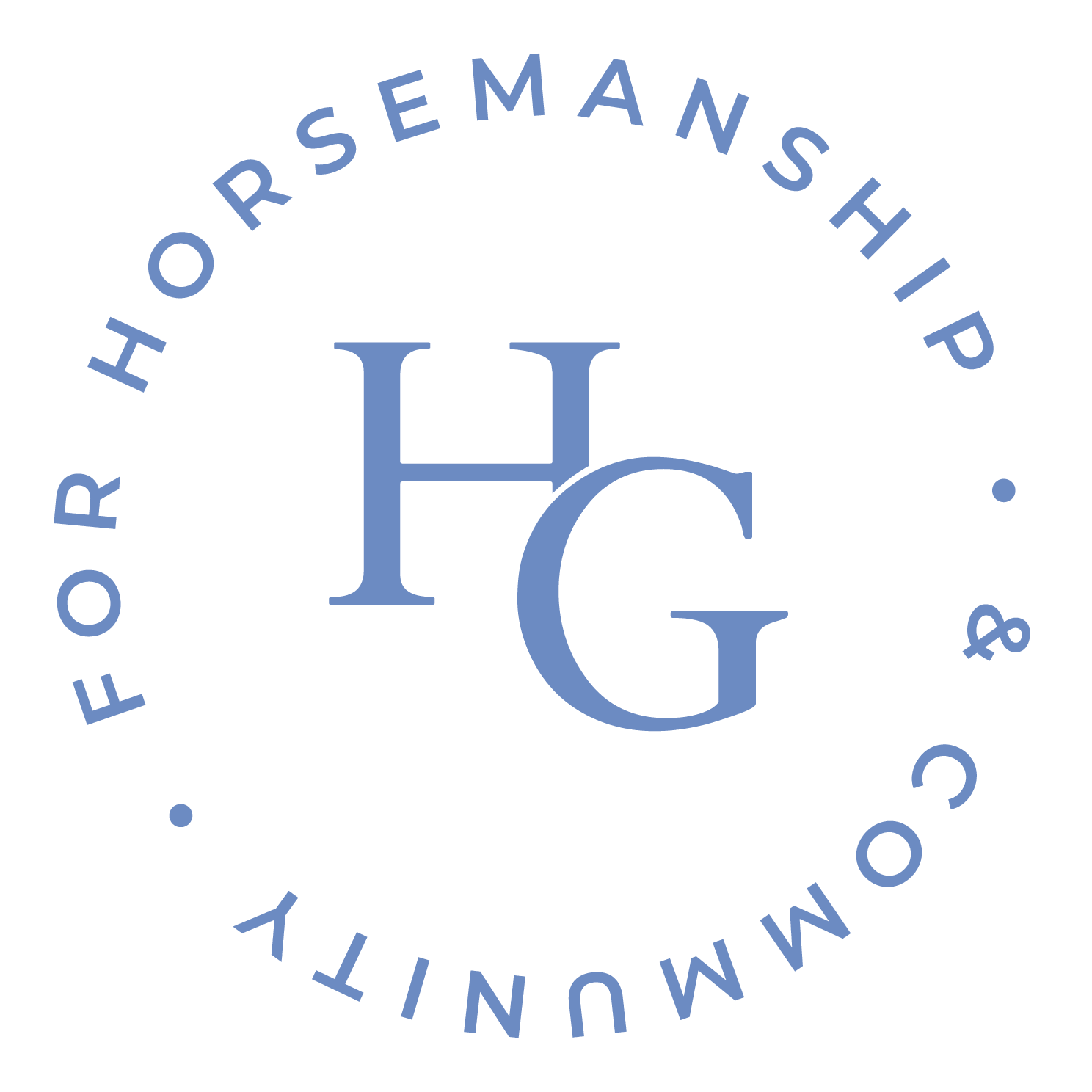Caring for an injured, stall-bound horse through extended periods of rest and rehabilitation can be a delicate and challenging process for the horse’s entire support team — at the center of which is you: their groom.
Stall Rest: A Necessary Evil
Stall rest is often unavoidable in a horse’s recovery, whether from a musculoskeletal injury — such as a tendon or ligament tear — or after a procedure like kissing spine or colic surgery. Your veterinarian may temporarily prescribe stall confinement to limit a horse’s movement, giving the injury or surgical site time to heal without the added stress of weight-bearing movement. Hand walking may be allowed in some cases.
You Are Their Rock
While keeping a horse locked up for weeks or even months on end can come with its fair share of struggles and frustrations, it’s important not to lose sight of the positive impact you can make. As the horse’s groom, you are their rock, their stable companion amidst all the lifestyle changes that come with the loss of free movement. Your hurt, stall-bound friend is counting on you more than ever.

Challenges of Cooped-Up Horses
If you find yourself caring for an injured equine athlete whose life, until very recently, consisted of daily riding, lots of turnout with their buddies and frequent travel to competitions, it’s easy to imagine the boredom and frustration that can arise from their new circumstances. Much like an active, fit person who suddenly finds themselves on bed rest, when a horse is stall-bound, he’s also bound to become restless.
Managing Your Laid-Up Horse
Unfortunately, during a crucial healing period when a horse really needs to be gentle with its body — a time when caprioles and canter pirouettes in the stall are certainly contraindicated — your equine friend may prove to be quite self-destructive. Successfully managing your laid-up horse’s physical and mental health takes patience, dedication, and creativity.

This article doesn’t end here!
Lucile Vigouroux shares her expertise on how to avoid colic, weight gain, and boredom and how to stay safe as the rehab process progresses. Log onto the HorseGrooms Community to take advantage of all of her advice. Don’t have an account? Sign up for free and join the Community!


